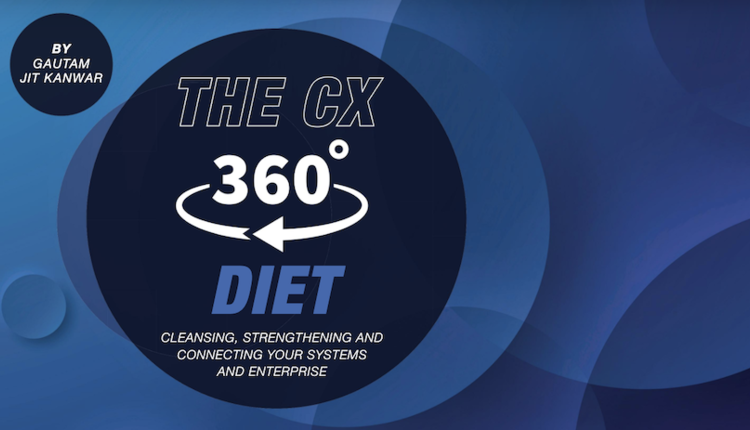
Mergers and acquisitions have been the cornerstone of business growth for many industries over the past decade. Considered one of the fastest ways to grow business, increase a talent pool and improve market share, mergers and acquisitions can be a real boon to a business. However, not all mergers are successful. During the vetting process, it is common procedure for companies to review financials, staffing, equipment and overall integration of a company’s systems. One area that is often overlooked during this process for those involved with producing critical documents is how to track, develop and deploy projects into production. With mergers come multiple software systems, processes and terminologies. How a company handles these differences and integrates systems can have a direct effect on whether a merger or acquisition is successful.
Organizations that produce transactional communications have evolved their capabilities over the years with the many CCM platforms that have entered the market, as well as multiple ways to track and deploy these solutions. Even within the same platforms, companies can face a multitude of issues, such as versioning differences, deployment challenges and homegrown processes that have been built into the company culture for many years. In these situations, to overcome the challenges of complexity and multiple, unintegrated frameworks, many merged companies are bringing on consultants specializing in CCM to provide value. They typically have experience working with a variety of CCM platforms and they know the best practices needed to optimize the inherited platforms and can help move the new entity forward.
Sorting through the complexity
One important question to ask during this process is what type of tools will be utilized to manage projects and merge the systems together to better leverage resources. With the variety of platforms in the market, no two systems are configured the same way. It is here where a change in mindset is needed. The merged teams need to begin to function as one team once the system to be used is selected.
Adding to the complexity of getting comfortable with the system and a new team, many CCM platforms have changed names and offerings, and some changed ownership. It is not uncommon to find version 9.0 of a software still in use when the current version is now up to 16.0. If the features and workarounds for 9.0 have been working, there is no compelling reason to upgrade — until two companies combine and there is no choice.
For example, company A may be utilizing a platform on version 9.0, while company B may be on 16.1. What will the cost be to migrate the existing work to the latest supported version? In the case of more than one platform, this needs to be evaluated and a plan created for which platform or platforms will provide the best functionality. Costs associated with switching, upgrading and migrating will need to be taken into consideration. Here is where a knowledgeable consulting partner can evaluate workflows and provide best practice solutions, as well as determine effort required to make recommended changes to hit the ground running and get your new CCM strategy operational. A CCM consultant will review how projects are currently managed and make recommendations on streamlining processes and identifying necessary training to improve the workflow and communication between departments.
The value in getting support
CCM platform evaluation also includes reviewing omnichannel communication strategies in the vertical markets served. Questions to consider here are: What types of communications are currently being deployed by the systems? What future needs or services will need to be offered? What are the trends within the markets being served? As the consulting partner reviews these requirements, additional modules may be suggested to automate workflow, improve customer communications and expedite the proofing process.
Mergers and acquisitions can be a phenomenal way to increase business and expand resources and offerings to clients. Once the negotiations are done, it is too late to discover costly process and systems issues. When considering hiring a customer communications consultant, it is important to find one with experience in your industry as they will have a better understanding of the types of communications that must be sent out to customers. It will also give you peace of mind that the solutions to challenges of the new entity are in motion to expedite the processes needed to achieve excellence in service and realizing goals for top-line revenue growth and ultimate investment success.
Gautam Jit Kanwar is president of BelWo, Inc., a global provider of managed services specializing in customer communications management (CCM) consulting and delivery solutions that help companies meet strategic CCM goals.
















